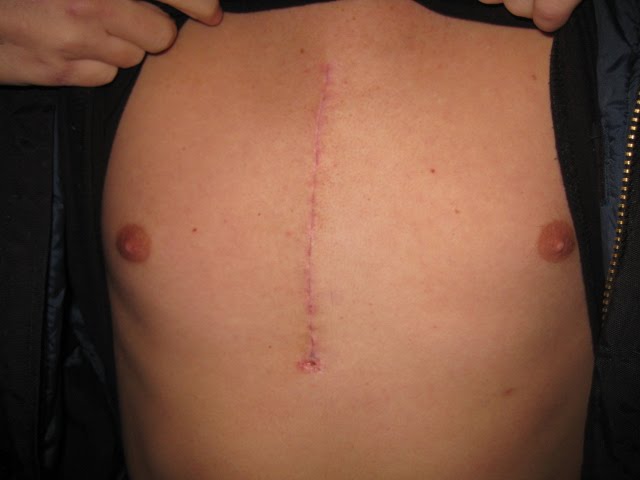That's a great point, Ray--that a diver's decision not to disclose something could impact not only the diver but other, uh, stakeholders. But to play Devil's Advocate, why do we want to chastise the diver for a decision not to disclose medical information more than we would chastise him for deciding not to disclose other information that could similarly impact other stakeholders? Shouldn't the diver disclose the fact that he's a lousy diver, lousy buddy, hates authority figures, thinks he'll freak if he sees a shark, just doesn't feel comfortable today, or whatever? Where are THOSE questions on the form? If I recall (and I may be mistaken here), I don't even think most release forms ask if the diver has consumed alcohol or smoked marijuana in the past X hours. So, are we giving more weight to a decision not to disclose common and well-controlled medical conditions than decisions not disclose other information that could potentially impact one's buddy, DM, other divers, loved ones, etc.? There's plenty more that could impact safety more than the fact the diver takes common blood pressure medication that keeps the diver's BP well controlled. So why answer "Yes" to that one but not disclose other things? Just because the dive op's form didn't ask about those other things? The dive op's form only asks what is standard to ask, because their insurance company wants them to ask those things. Medical questions are asked because maybe that seems obvious to an insurance company. But we as divers know there are a host of other risk factors. I guess in an ideal world, divers would weigh all these things in their minds and disclose all of their potential risk factors or vulnerabilities, regardless of whether medical or other.





